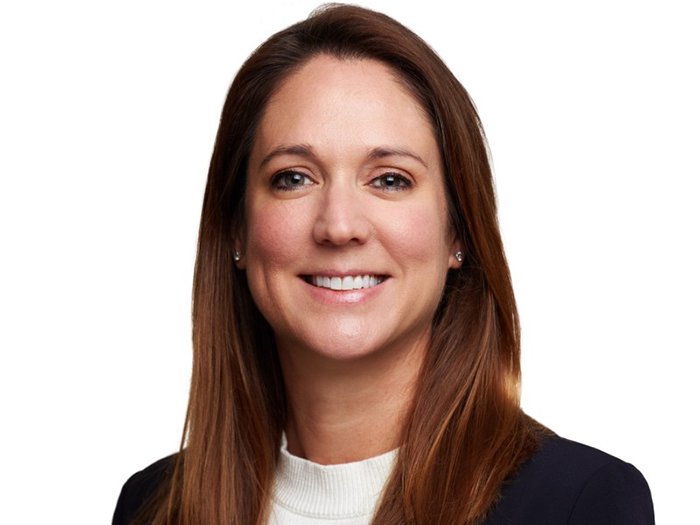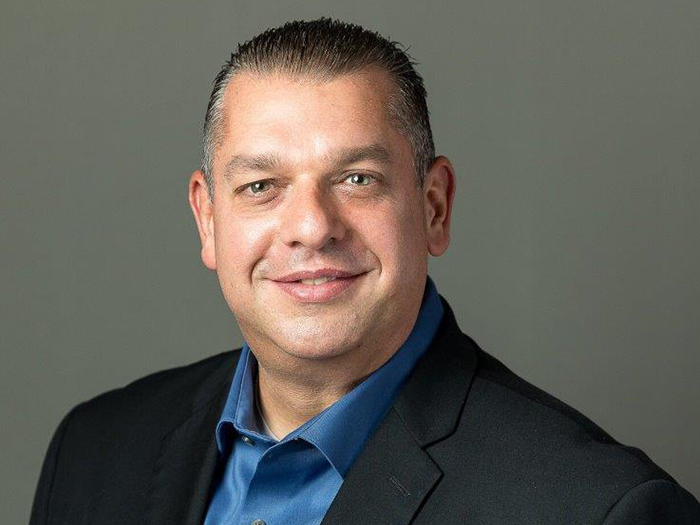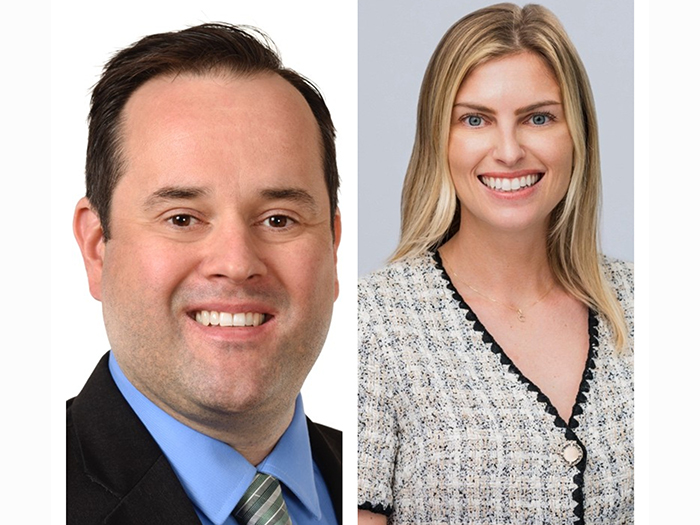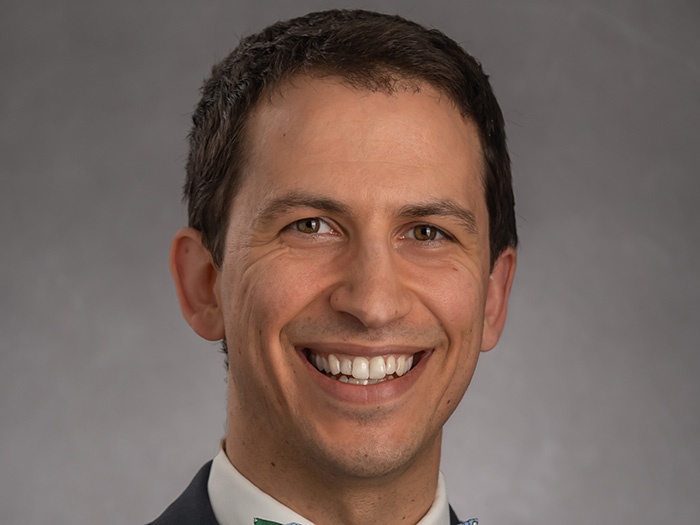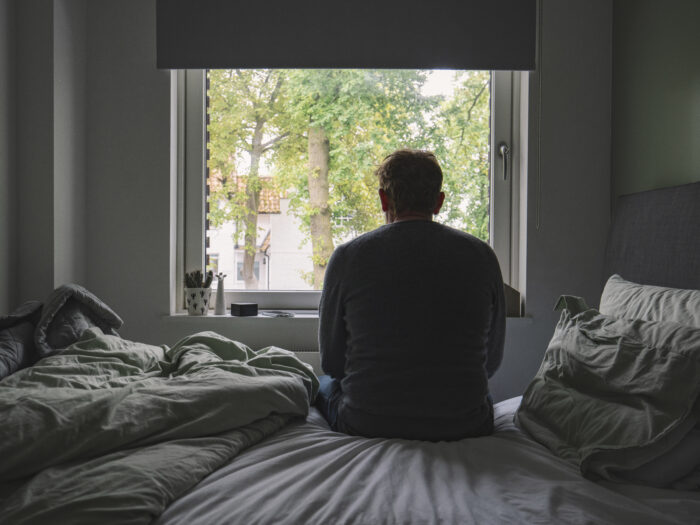Perspective | 1984 or 2021? Big Brother Never Left and Insurance Could Be to Blame
Finally, I met some friends for lunch. We chose a Thai restaurant, outdoors, in a village in rural England.
In anticipation of the meal, I perused the establishment’s website.
Its largest page contains 1,684 words. The page is not the menu; that’s not online. No, sir — only the important stuff was online, the information all diners need: the place’s closed-circuit TV camera policies.
Among these policies: “All cameras (with the exception of any that may be temporarily set up for covert recording) are clearly visible.”
Translation: Visible and perhaps invisible cameras follow your every dining move. Best not to eat with your fingers.
The website trotted out the justifications for this peculiar behavior: improved customer service, “prevention or detection of crime or equivalent malpractice,” security monitoring, health and safety, “identification of unauthorized actions,” and “promoting productivity and efficiency.”
You’re a smart reader. Name a malpractice equivalent to a crime that isn’t a crime.
I asked how many cameras were in place. The answer was “about a dozen.”
All I wanted was some spicy noodles, and there I was, prejudged as the bad guy in a James Bond movie. Ernst Stavro Crombfeld. “I see you like Pad Thai noodles, Mr. Bond, ahahahaha,” and all that.
I asked: “What is the real reason you have all these cameras?”
The waiter cast a furtive glance over both shoulders before whispering: “It’s the insurance.”
I spoke to an underwriter at a large insurance and reinsurance company. He demanded anonymity, so we’ll call him Mr. Big (the villain in Live And Let Die).
“I’ve been writing policies on catering establishments since 1991,” Big said, “and I have never once required CCTV cameras to be onsite.”
He asked whether the restaurant had experienced a crime wave akin to that carried out by Al Capone, because, he said, “if so, we might suggest CCTV, but otherwise, it would be presumptuous to demand such a thing.”
In a bank, say, CCTV might be a reasonable approach — after all, people rob banks. It might also make sense to use cameras at an accident-prone crossroads or an especially crime-ridden dark alley. I can even see using cameras in questionable massage parlors, where the film could be used to blackmail customers.
Not that you would, of course.
In a small, family-run diner, however, it seems excessive. What’s the worst diners could do? Steal the silverware? Rush out without paying, were that even possible? Such activities would hardly justify the expense of a dozen cameras.
Partly because of its population density, the UK is one of the most-watched countries in the world. The British Security Industry Association estimates the number of CCTV cameras in the UK at four to six million, one for every 12 people. The average person is recorded by 70 CCTV cameras in an average day.
What sort of a society have we constructed? The restaurant has spent as much on its cameras as it has on its kitchens. It’s miraculous, really, that the food was so good.
And now you must excuse me. I have to find myself a white cat and start building a massive, secret international organization to kill spies. &





